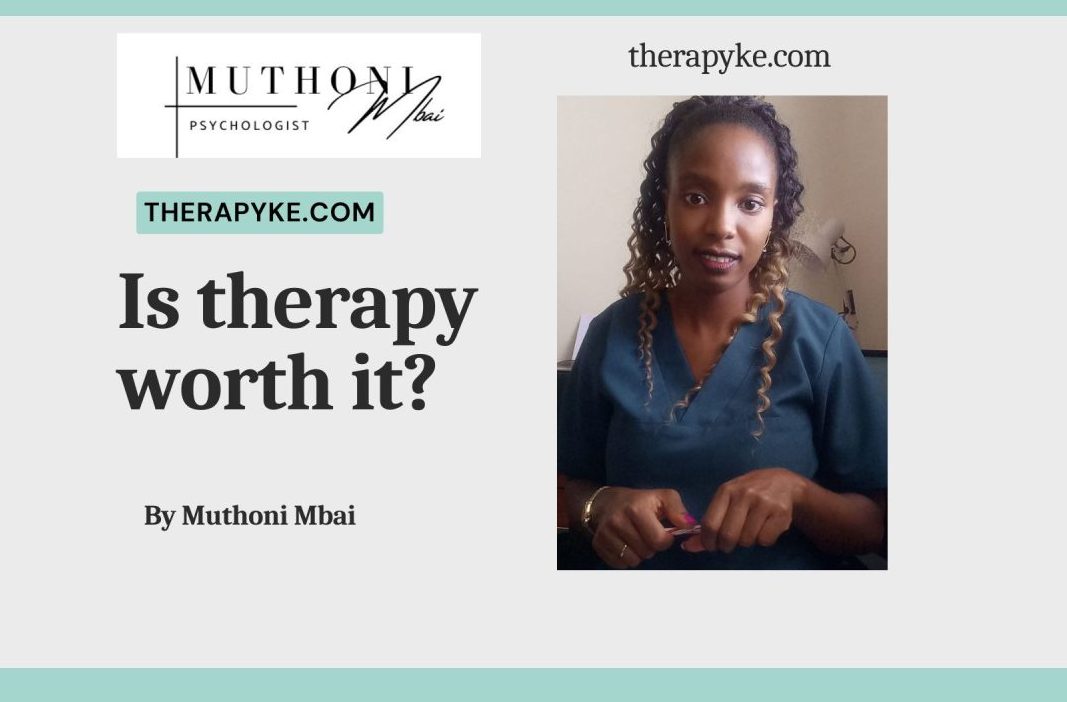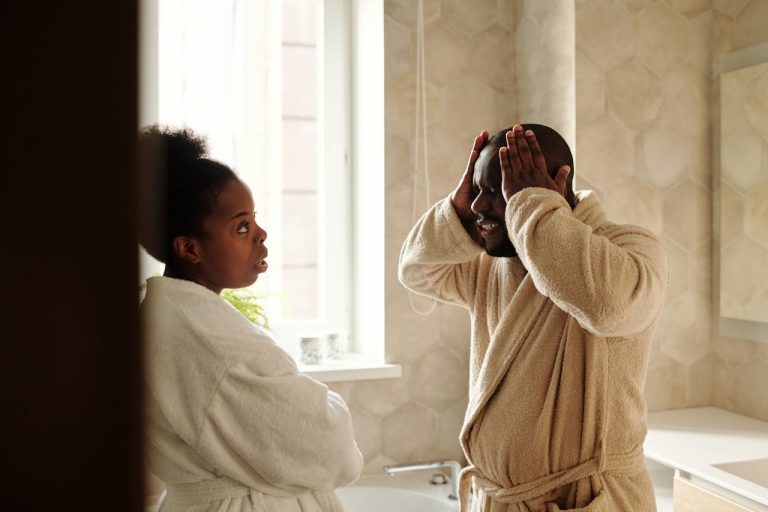
Is Therapy Worth It?

He looked down, seemingly sad and said “I wish I started it earlier.” This is something I hear often from my clients as they reflect on their therapy journeys. If you’ve ever wondered, Is therapy worth it?—you’re not alone. The question lingers in the minds of many who struggle with emotional challenges, feel stuck, or simply want to grow as individuals.
Therapy isn’t just a luxury for the troubled; it’s a powerful tool for everyone. In this article, we’ll break down the benefits, challenges, and realities of therapy, helping you decide if it’s time to take the plunge. Spoiler: By the end, you’ll likely be booking your first session.
Is Taking Therapy Worth It?
Absolutely, yes! But don’t just take my word for it. Think about it: Would you ignore a persistent toothache or a strange noise in your car? Mental health, like physical health, requires attention. Therapy is a proven way to address emotional pain, improve relationships, and boost self-awareness.
Many clients who’ve completed therapy say it transformed their lives in ways they never expected. They often share stories of better communication, improved confidence, and a deeper understanding of themselves. Therapy isn’t about “fixing” you because you’re not broken. It’s about helping you become the best version of yourself.
And the best part? Therapy is for everyone—not just for those facing severe challenges. It’s a place to unpack your thoughts, clarify your goals, and discover what truly matters to you.
What Is the Success Rate of Therapy?
One of the most common concerns people have is whether therapy will work for them. Fortunately, research provides an encouraging answer. Studies consistently show that therapy works for 75-80% of people who engage in it. That’s a significant success rate!
The key lies in finding the right fit, first with your therapist Read 10 signs you’ve found a good therapist and the type of therapy. For example, Cognitive Behavioral Therapy (CBT) is highly effective for anxiety and depression, while Trauma-Focused Cognitive Behavioral Therapy (T-F CBT) works wonders for addressing past traumas.
If you’re curious about specific types of therapy, check out Types of therapy for mental health for a deeper dive.
What Are the Disadvantages of Therapy?
Let’s be honest—therapy isn’t always easy. Some sessions can be emotionally challenging as you dig into painful memories or confront uncomfortable truths. Growth, after all, requires stepping out of your comfort zone.
Another downside for some is the cost. Therapy is an investment in yourself, but that investment can feel hefty, especially without insurance coverage. However, many therapists offer sliding scale fees, and some organizations provide free or low-cost options.
There’s also the time commitment. Real progress takes consistency. Think of it like going to the gym: one session won’t yield results, but regular visits over time will transform your mind and life.
Despite these challenges, therapy’s benefits far outweigh the downsides. Remember, you’re not just paying for sessions; you’re investing in a healthier, happier future.
Is Therapy Actually Good for You?
Let’s bust a myth: therapy isn’t just for people in crisis. It’s good for everyone. Even if your life feels “fine,” therapy can help you uncover blind spots, set meaningful goals, and navigate life’s complexities with more clarity and ease.
Therapy works by creating a safe space where you can openly discuss your thoughts, feelings, and experiences without judgment. This process fosters self-awareness, emotional regulation, and healthier relationships.
And if you think therapy isn’t for you because you’re not “the talking type,” think again. Therapists are trained to work with a variety of personalities and preferences. It’s not about saying the “right” thing; it’s about being authentic and letting the process guide you.
Want to learn why therapy could benefit you even if life feels “okay”? Read Why Therapy Is Good for Everyone.
Why You Should Try Therapy Today
Here’s the kicker: The longer you wait, the more you miss out on the transformative power of therapy. Many people delay because they’re unsure, scared, or think they can handle things on their own. But imagine how much better life could be if you had a professional guide helping you navigate your journey.
It’s never too early—or too late—to start. Therapy offers tools to help you cope, grow, and thrive. And as many of my clients say, “I wish I started it earlier.”
The Bottom Line
So, is therapy worth it? Without a doubt. It’s not a magic fix, and it won’t solve all your problems overnight, but it will equip you with the tools and insight to lead a more fulfilling life.
Still unsure? Consider this: What’s the worst that could happen if you try therapy? You may uncover parts of yourself you didn’t know existed. You may feel lighter, happier, and more in control. Or you may just walk away with a clearer mind and heart.
The question isn’t whether therapy is worth it. The question is: Are you ready to take that first step?
Explore more about therapy and its benefits at Blog Page and book your session today through our Contact page. The life you’ve always wanted is just a conversation away.



